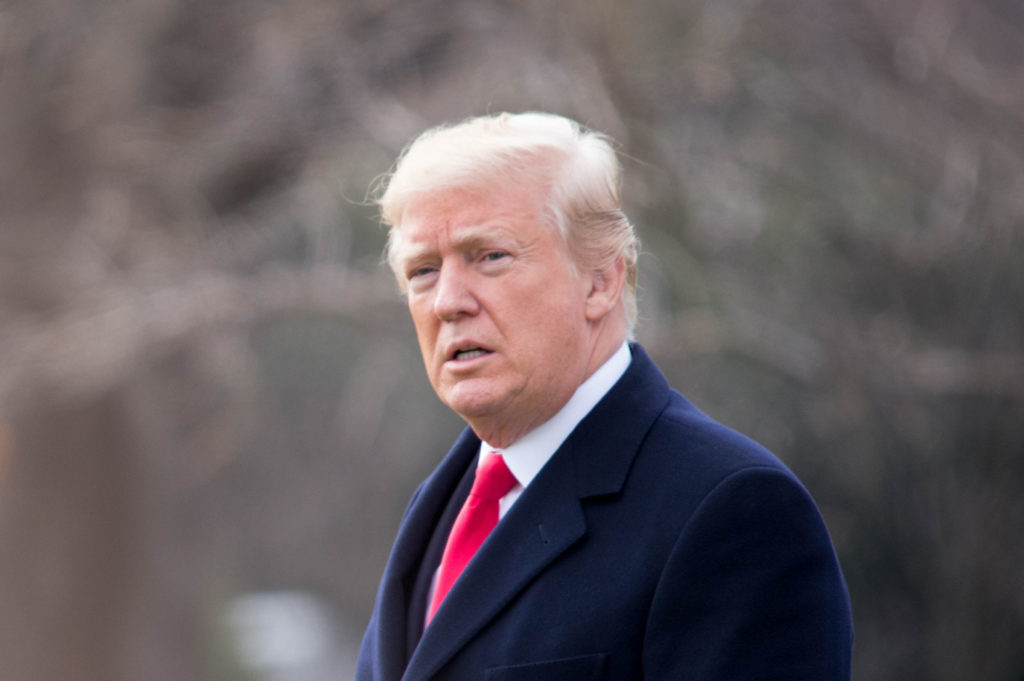What does Donald Trump think he’s getting at with this?

When the news surfaced on Saturday that one of Donald Trump’s attorneys signed a letter in June asserting that there were no classified documents at Mar-a-Lago, it helped explain why the search warrant listed this as an obstruction investigation in addition to an espionage investigation. Such a false claim is clearly obstruction of justice. But there’s more to it.
The same New York Times article that broke the June letter news also included a passage so bizarre, all we can do is quote it:
Shortly before Mr. Garland made the announcement, a person close to Mr. Trump reached out to a Justice Department official to pass along a message from the former president to the attorney general. Mr. Trump wanted Mr. Garland to know he had been checking in with people around the country and found them to be enraged by the search.
“The country is on fire,” Mr. Trump said, according to a person familiar with the exchange. “What can I do to reduce the heat?”
Wait, what? Based on his consistent track record of stoking violence, we know that Trump wouldn’t have had any legitimate interest in helping to prevent violence. Instead, this has to be interpreted as Trump making the implied threat of stoking violence and seeking favors in exchange for not stoking violence, in true mafia style fashion.
It’s not clear who the “person close” to Trump is, though it’s apparently someone who has a communication channel with the DOJ, suggesting it could be a Trump ally in the House or Senate. Nor is it clear who gave this tidbit to the New York Times or why. But given that the rest of the article serves to implicate Trump and his legal team, it’s possible the DOJ is the source of the article – and it added the “country is on fire” exchange in order to help justify why it had to carry out a search warrant to get the documents back from Trump.
In any case, it’s not difficult to guess that the DOJ would have seen such an exchange as an attempt at obstruction. When the Feds carry out a warrant against you signed by a judge, and you respond by making implied threats of violence, the Feds are certainly going to see that as obstruction – even if you use coded language. It also raises questions about the legal exposure of whatever intermediary delivered such a message. The inclusion of obstruction on the search warrant makes clear that the DOJ isn’t messing around with this kind of thing.
